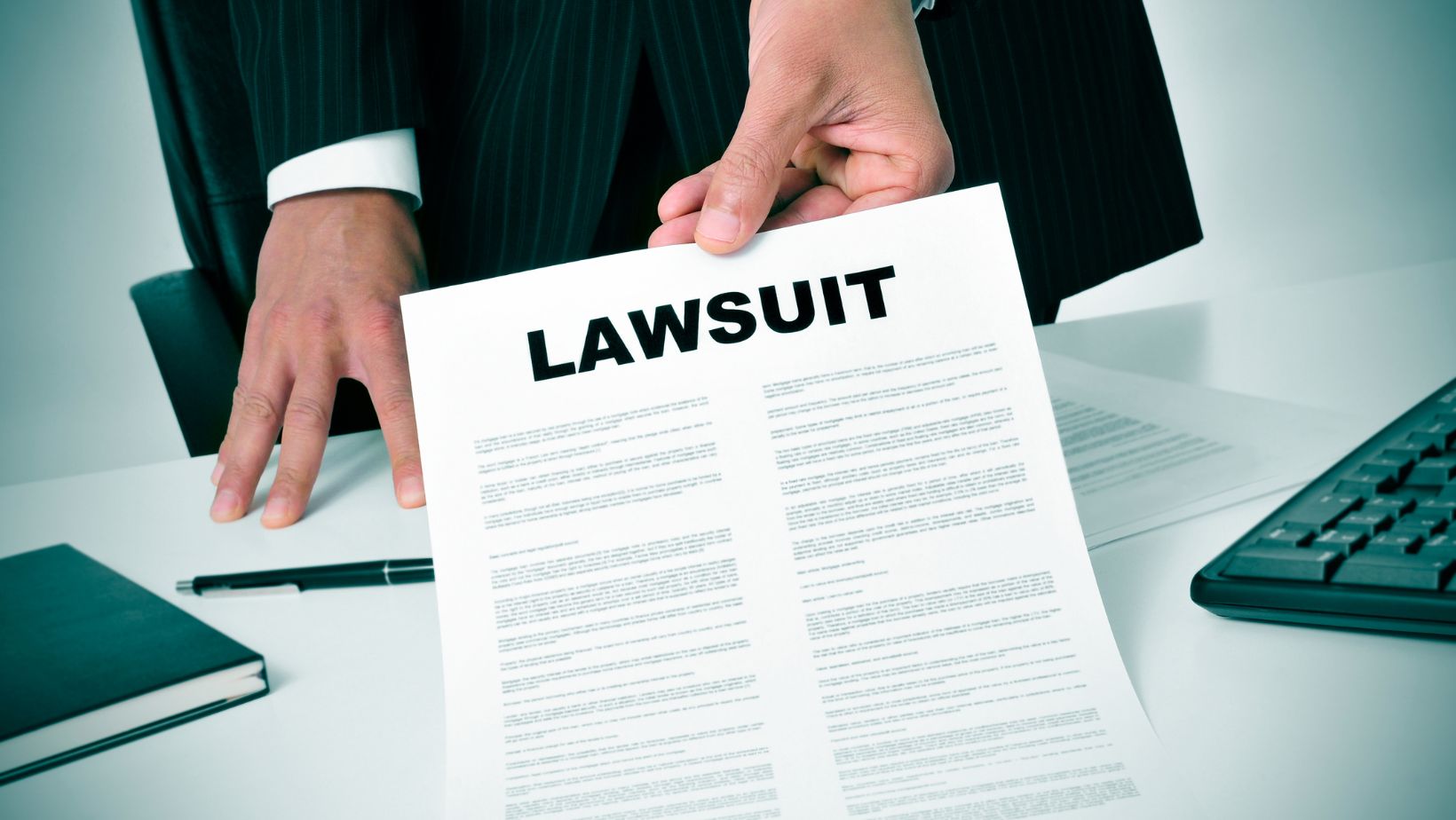According to the U.S. Food and Drug Administration (FDA), Suboxone, a drug aimed at treating opioid use disorder, has been linked to severe dental complications. Some of the common issues with Suboxone include severe tooth decay, cavities and tooth loss, oral infections, and gum injuries.
If you or a loved one suffered dental injuries because of Suboxone use, you may be eligible to file a Suboxone tooth decay lawsuit.
Websites like Lawsuit Legal News are a great source to learn about this lawsuit. The articles in this blog are written by reputed lawyers, so you can completely trust this blog.
What is the Suboxone Lawsuit About?
The Suboxone lawsuit is simply about what Suboxone formulation does to your teeth. The two primary ingredients are buprenorphine and naloxone. Studies revealed that these active ingredients, together with other inactive ingredients, are acidic. This makes them harmful to your dental health in the absence of sufficient precautions.
Several complaints of severe dental injuries have been made by people using Suboxone treatments for opioid addiction and related pain. These complaints were confirmed by an FDA investigation showing a concerning link between the use of Suboxone and severe dental problems. Some of these dental problems and injuries include:
● Severe tooth decay
● Tooth loss
● Broken teeth
● Tooth extractions, and
● Other serious tooth issues

As a result of these side effects and the failure to warn, lots of lawsuits have been filed against the manufacturers of Suboxone. The core of every Suboxone tooth decay lawsuit is that the manufacturers knew of the risk of severe side effects and did not convey these risks to prescribing doctors or patients. All over the United States of America, victims of Suboxone use are seeking compensation for injuries sustained while using the product.
Types of Damages in a Suboxone Lawsuit
The injuries or damages incurred as a result of the use of Suboxone can be very devastating. Depending on the degree of injury or damage sustained, one may be able to recover compensation for some of the damages. These compensations can be categorized into economic, non-economic, and punitive.
Economic Damages
Economic damages are the damages that are easy to quantify and express in monetary terms. One of the primary types of economic damages Suboxone users incur pertains to medical costs. Depending on the extent of tooth decay and other health issues, victims may require varying degrees of treatment, which are likely to come with steep costs. Some of these treatments include:
● Oral surgery
● Crowns or crown replacements
● Antibiotics to treat abscesses and infections
● Root canals
● Fillings for cavities
Another type of economic damage is loss of income or wages. One can miss work because of the embarrassment of tooth decay or take time off from work. This cost can also be recovered in a lawsuit in addition to medical costs.
Non-economic Damages
This class of damages is those that are not easy to quantify. This usually covers the pain and distress experienced with using Suboxone. While they may be more challenging to calculate than economic damages, there are ways they can be quantified and included in the total settlement amount. Lawsuit

Non-economic damages can be either physical or psychological. Physical suffering includes pain experienced in the mouth or jaw due to dental health problems. Psychological sufferings, on the other hand, include conditions such as depression, trauma, or anxiety because of the psychological effects of decay.
Punitive Damages
This type of damage is seen and applicable in rare cases. Punitive damages can apply in Suboxone lawsuits when plaintiffs can prove that the manufacturers were aware of the dangers of their product but engaged in gross negligence by failing to warn of the issues resulting from its use. Holding manufacturers accountable in this regard helps to prevent similar future injuries from occurring.



